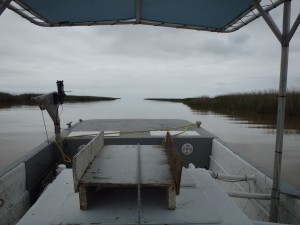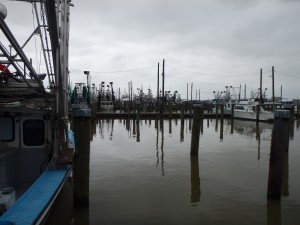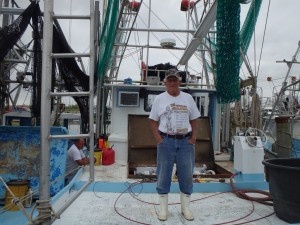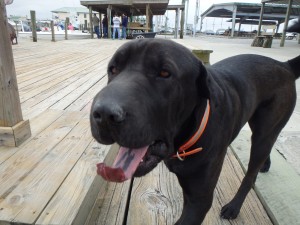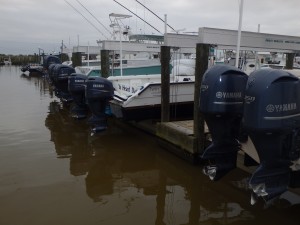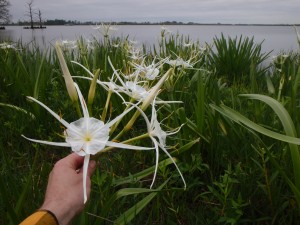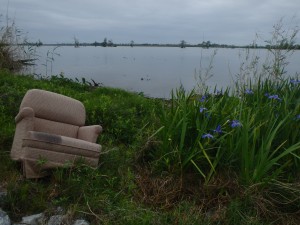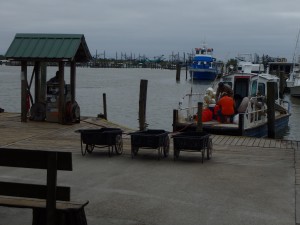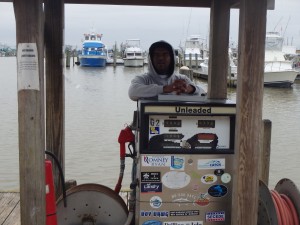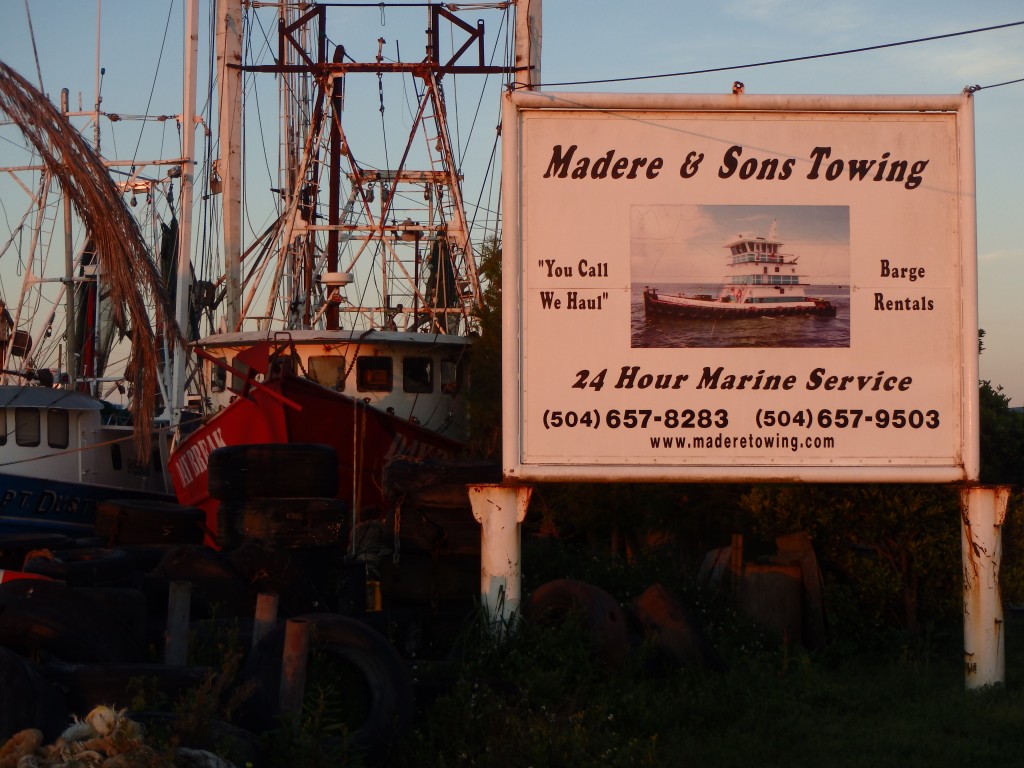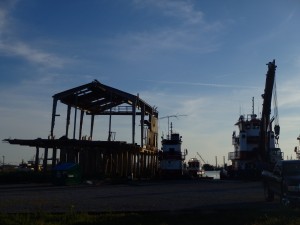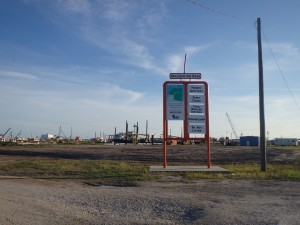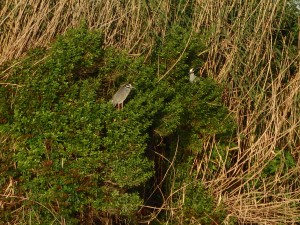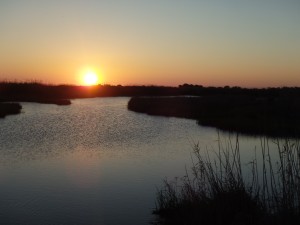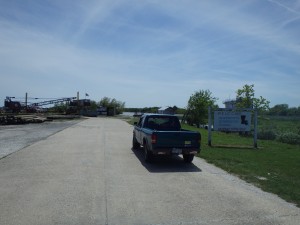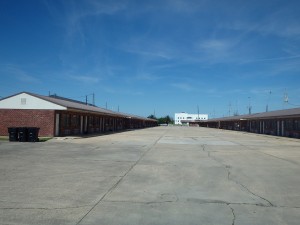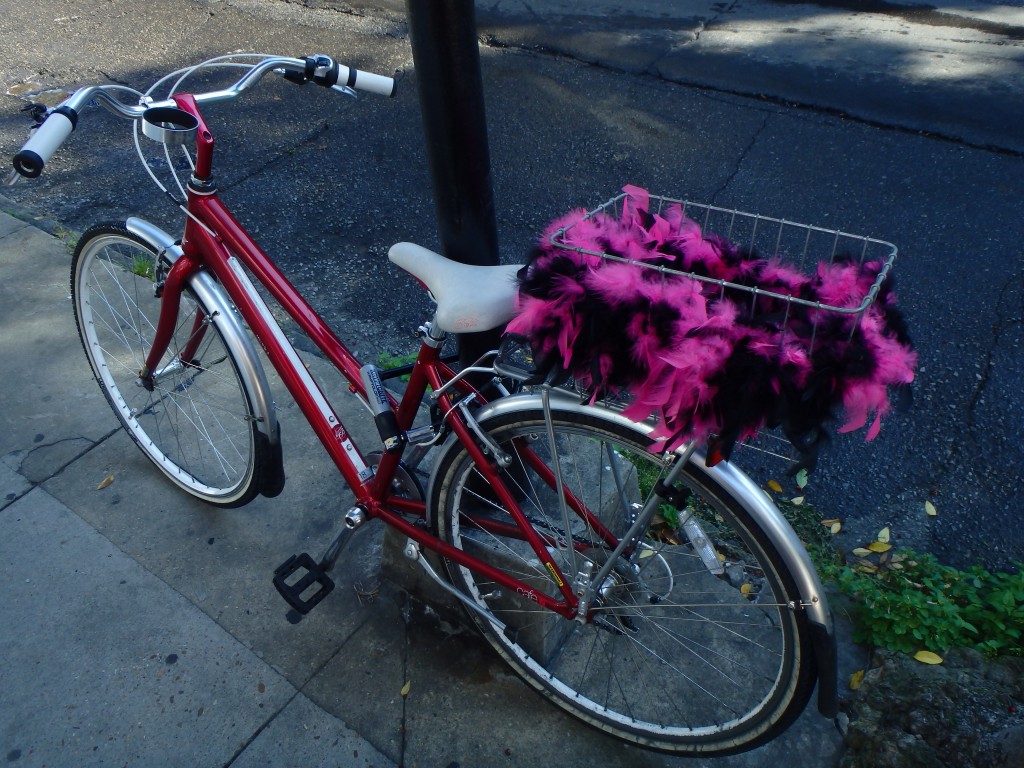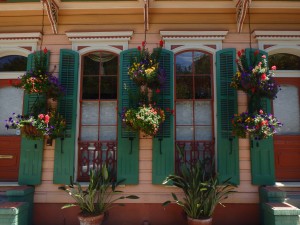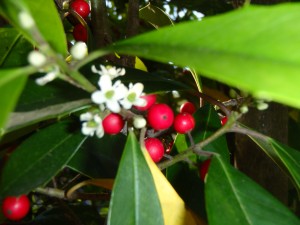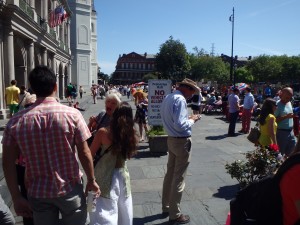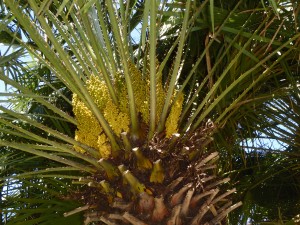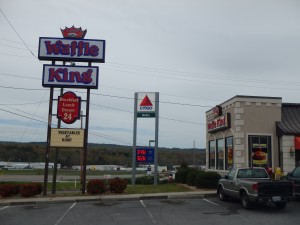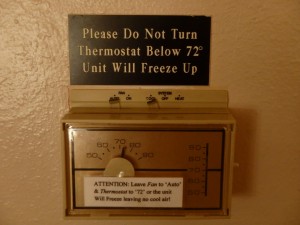how to buy neurontin online 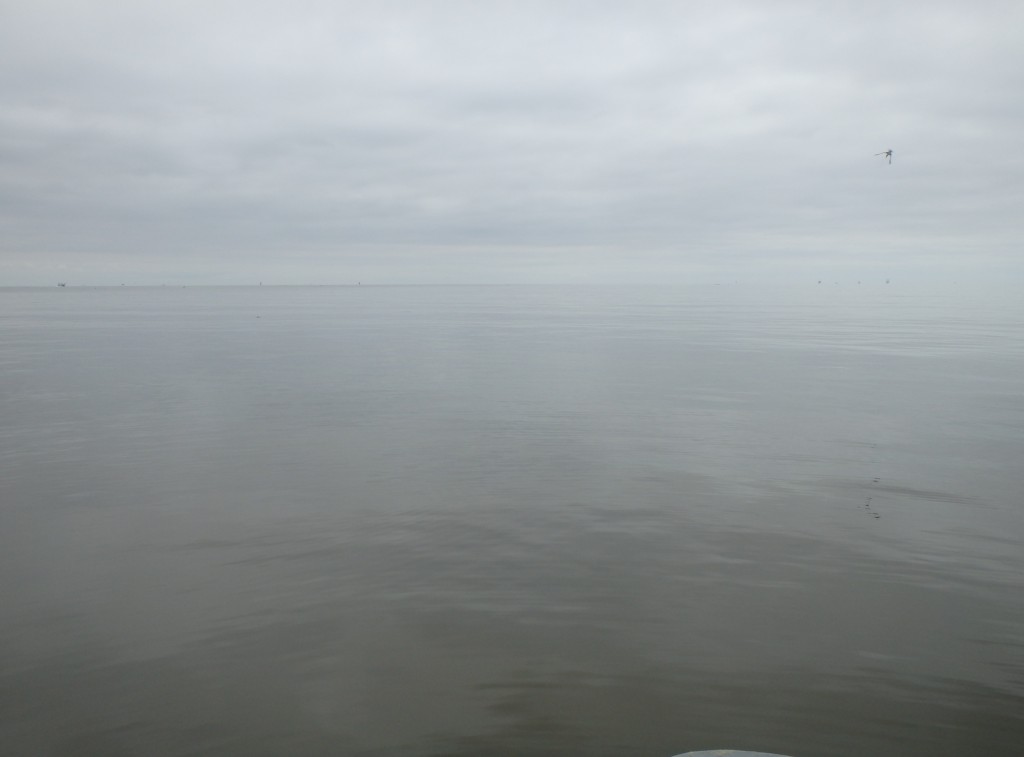 So began one of the great rides of my life, with Roland, my pilot for this expedition. He absolutely refused any kind of monetary compensation; but I did get his address, and will send him some maple syrup. He was a man about fifty, with an intelligent look in his eyes. His accent sometimes sounded like a Southern black man’s to me, but he was white. Many Louisiana accents are shared across the races.
So began one of the great rides of my life, with Roland, my pilot for this expedition. He absolutely refused any kind of monetary compensation; but I did get his address, and will send him some maple syrup. He was a man about fifty, with an intelligent look in his eyes. His accent sometimes sounded like a Southern black man’s to me, but he was white. Many Louisiana accents are shared across the races.
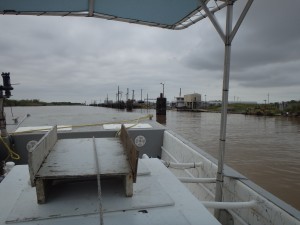
Kuantan Pulling out of Venice.
His boat was a small (perhaps twenty feet) flat-bottomed boat with a little sunroof. When I complimented him on its speed he smiled. “This heah can go thihty-five miles an awuh.” And I think we used all its speed, zipping along. He pointed out everything along the way and was a great guide: it was clear he enjoyed doing this, and enjoyed my curiosity too.
“That’s a refinery?” I asked.
“Yeah that’s Chevron,” he said. Big boats came from the other direction, creating large wakes, which we slowed down to take. When they arrived they struck the boat like solid logs.
“I’ve seen big parking lots full of cars around here,” I said. “What are they?”
“All those men are out theah wukking in the Guff,” he said.
“So many!” I said. “And working on Easter Sunday too, I saw.”
“Oh yes,” he said. “It doesn’t stop. Now we goin’ heah by Red Pass. This take us right out to the Guff.”
We were past the levees; on either side there were marsh-reeds, the beautiful forms of wading birds at the fringes of the grasses. The water was brown: clearly river-water. The river, which had been channeled so long, finally, out here, was allowed to distribute itself into the marshes, dropping its silt and building up the marsh. And out in the distance I could see the opening: where the reeds came to an end and we hit the shallow sea.
“Theah’s the Guff,” he said. “Theah it is.”
I could hardly believe it. This was it, the city-gates of an entire continent, the end, or the beginning, of the Mississippi River. We passed right through the gates and before us was nothing but gray: the gray of the water bleeding right up into the gray of the sky. Roland cut the motor and we drifted. I filled my lungs with the brackish air; I came to the front of the boat; I was ecstatic; it was strange, it was mystical, gray above, gray below, I peered up and down at the soft air and soft water, I took the water into my hands. I took out my camera and took two or three photos; then all of a sudden I saw large shapes in the water; the water swelled above them; then they came up and broke the surface.
“Oh my god DOLPHINS!” I could barely tear my eyes off them to look back at Roland. “Dolphins!!”
“Dey pawpawsis,” he corrected. But feeling bad, I suppose, he added, “But dey lahk dolphins.”
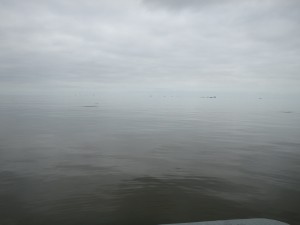
This was as good a shot as I got of the porpoises. They're the dark spots on the water. They got a lot closer too.
On every side of our boat they were coming to the surface, bringing their backs to the sky, just feet away from my hands. I tried to take a picture but my camera beeped at me – out of battery. It was great timing – and I mean that without irony. I was profaning the moment by taking pictures of it. I put the camera away and heard the slap of the water against our hull, the breathing of the porpoises as they came up, the gulls in the air around us.
“Dey feedin’ on pogiefish,” Roland said. “We in a school of pogiefish.” I didn’t know how he could tell that, but I believed him. “See ovuh theah,” he said, pointing to the horizon, “dose boats? They fishin’ fuh pogiefish – I tink you call ‘em menhaden. De pogiefish dey got a plant fo ‘em. You know you kem ovuh a big bridge? It’s up by Empie-uh deah [the town of Empire]. Dey mekkin’ medicines out o ‘em. Fish oll.” And later, sure enough, I would bike past the fish-oil factory he spoke of. “But heah it’s too shallow fuh dey boats. Dis boat it can go anywheah, see it’s got a flat bottom.”
We had drifted into a circling flock of pelicans, which would fly around us and then appear to be struck dead, diving directly down in the water and emerging less than a second later. I couldn’t believe it. I just couldn’t believe any of it. I find myself always throwing myself on my knees before anything that is alive, and this was alive.
“See dose ayuhplanes up deah, dey telling the boats wheah the pogiefish ah.” Looking out at the horizon I could see the planes, and the big pogiefish boats. They were massive, but despite the difference of scale it was clear that they were analogous to the porpoises and pelicans. It was like a vast plain, with all the animals grazing on it, and man just one of the animals. It was the blood of the Mississippi, poured out into the Gulf to make new life.
I knew that the lower Mississippi and the Gulf of Mexico was one of the most abused places on the planet. The river dumped so much sediment and fertilizer into the sea that during the summer a vast “dead zone” formed – more accurately a hypoxic zone, where there was so much simple life – bacteria – that it used up all the oxygen, and made complex life impossible. We had abused and unbalanced the life here; destroyed the bayous, starved the marshes, cut down the cypress swamps, polluted the waterways with our sewage and chemicals and pharmaceuticals and trash and everything else. Just a few years ago we covered this entire sea with a slick of oil in the largest oil spill in history.
And yet it was alive. I am not saying we had not wounded it, or that we couldn’t kill it if we continued to try – maybe we could. But it was alive. It was alive and beautiful. And worth our love, and worth trying to save.
There was a shrimp boat on the horizon. “Do you wanna go visit dat deah shrimp boat?” Roland asked.
“I’m very happy going back now if you have to go back,” I said. “But if you have more time, I’ll stay out here forever.”
“I want to go see what dey doing ovuh theah.”
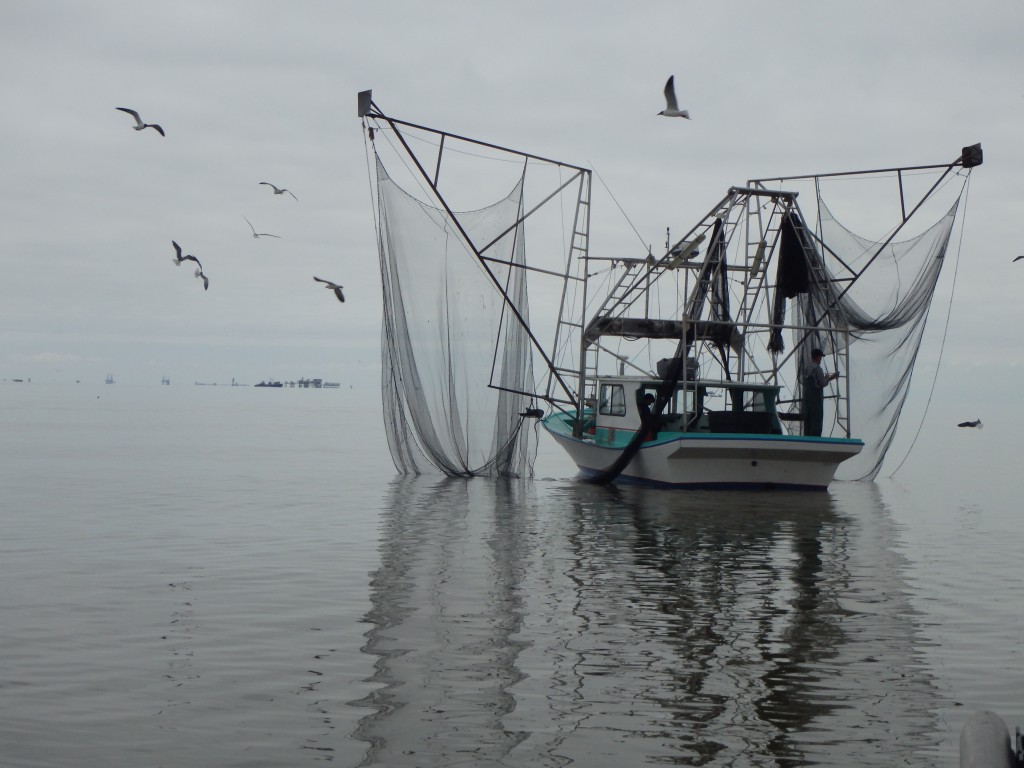 So we zipped over to the larger boat, a tall shrimp boat with two large trawling nets on its side, dangling off of a system of suspending poles. I poked at my camera and it came to life to take two pictures before dying again, this time for good. I wished I had saved it just a minute longer, as when we came up next to the boat it was staffed by two of the most photogenic Americans I had ever seen: an old man in a French peasant’s hat – in fact he looked entirely like an old French peasant, the kind that a French filmmaker would make a documentary about, the only difference being that he was standing on a boat and wearing green rubber overalls. He had the creased, tanned, smooth-shaven face, deep-set dark eyes, and a steady quiet which seems to be the result of many years of hard work all alone. With him was a sullen-looking teenager in bright yellow rubber overalls and a blue t-shirt. Both wore white rubber boats.
So we zipped over to the larger boat, a tall shrimp boat with two large trawling nets on its side, dangling off of a system of suspending poles. I poked at my camera and it came to life to take two pictures before dying again, this time for good. I wished I had saved it just a minute longer, as when we came up next to the boat it was staffed by two of the most photogenic Americans I had ever seen: an old man in a French peasant’s hat – in fact he looked entirely like an old French peasant, the kind that a French filmmaker would make a documentary about, the only difference being that he was standing on a boat and wearing green rubber overalls. He had the creased, tanned, smooth-shaven face, deep-set dark eyes, and a steady quiet which seems to be the result of many years of hard work all alone. With him was a sullen-looking teenager in bright yellow rubber overalls and a blue t-shirt. Both wore white rubber boats.
The old man spoke with Roland, and the teenager and I looked on in silence. I could barely understand anything the two fishermen said. In fact, I think I understood nothing at all, except that there were clearly no shrimp. “Theah’s nothing heah but watuh!” the old man complained.
Roland said something like “Have you gotten anything?” but perhaps it was in French, because I could understand it only by the response. They were generally talking in English, I thought, but I really wasn’t even sure.
“A few pogiefish,” the old fisherman said, throwing his hand at the ground in disgust. For some reason they decided to load the pogiefish onto Roland’s boat. I helped grab the big bucket – probably sixty or so pounds worth – and bring it on board. Pogiefish looked about the size and shape of mature sunfish that inhabit our northern ponds – perhaps a bit larger, around ten inches long in general.
The two men spoke for awhile longer, and then we circled around and headed back for land, back through the gates of grass and towards Venice.
“Dat deah was Mr. Jesse,” Roland said. “Funny ding is, he got a twin brother to him dat is completely identical. You can’t tell dem apart ‘cept dat one weahs a gray shutt unduh his ovuhalls and de othuh weahs a blue shutt.”
“What if they switched shirts?”
“Well dis was Mr. Jesse, I could tell by the boat.”
I laughed about this for awhile, while Roland seemed to be thinking about something. “Dat deah was pabally his grandson. See out heah it’s oll and gas o you a fishuhman. My fathuh he still goes out like dat, but I get worried about him goin’ out all alone. My son I kind of discouraged him from goin into fishin. I like to see the young people get into it, now. I don’t know if I did right with my son. He’s not a fishuhman.
“But you see deah’s no shrimp this yeah. It’s been very cold, so we dink it’s just too cold for ‘em. But we don’t know. Usually by now it’s shrimp season.”
“Is there some fear that it’s something else?”
“Well we had dat oll spill a few yeahs ago and we’ve done all right but now we wondering, like maybe deah was a delay and now we seein’ it. So I wanted to see if dey had any shrimp.”
Their nets had been completely empty – not a single shrimp at all.
